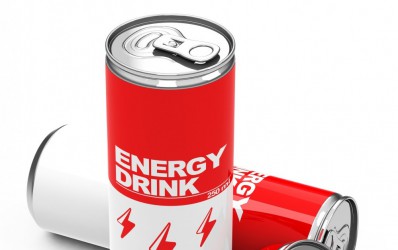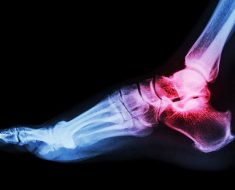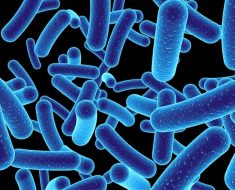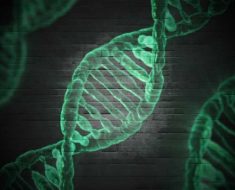Excessive consumption of energy drinks increases risk to health of teenagers
Energy drinks usually contain not only huge amounts of sugar, but also high doses of caffeine. The excessive consumption of such beverages is associated with health problems such as heart palpitations or high blood pressure. Particularly vulnerable are children and young people.
About two-thirds of young people drink energy drinks
Energy drinks have been enjoying years of growing popularity. “Almost 70 percent of all teenagers drink Energy Drinks, and every fourth of them more than is healthy,” writes the consumer Association of North Rhine-Westphalia on your website. However, students and adults resort to caffeinated beverages to boost your performance and concentration, and to distribute the fatigue. A high consumption of such Drinks may, however, be harmful to health, especially of children and teenagers.

Children and adolescents should not consume too much caffeine
As the Federal Institute for risk assessment (BfR) in the message writes, are caffeine-containing Energy Drinks, in particular, in Nightclubs, at music and sporting events, or long Playing on the Computer, drank in large quantities.
The European food safety authority (EFSA), according to children and young people should not take daily for more than three milligrams (mg) of caffeine per kilogram (kg) of body weight to be.
In the case of a healthy young person, with about 50 kilograms of body weight these are 150 mg of caffeine. This quantity is already exceeded by two standard Energy Drink cans, each with 80 mg of caffeine per 250 Milliliter (ml).
Some young people from drinking, but at certain occasions within a few hours, four doses, and more. This can result in increased health risks, especially for the cardiovascular system.
Can cause pressure nervousness, insomnia, gastrointestinal complaints, tachycardia, and elevated blood.
Unwanted effect is enhanced by additional consumption of alcohol
The BfR has published an opinion on the effects on the heart and circulation by means of caffeinated drinks.
“The ten per cent of children and young people, within a few hours, a Liter and more Energy Drinks to yourself, as a High-risk group,” explains Professor Dr. Dr. Andreas Hensel, President of BfR.
“Many people don’t know that additional consumption of alcohol or strenuous physical activity increase the undesirable effects of caffeine more.”
A Negative impact on the cardiovascular system
Many energy drinks contain caffeine, other substances such as taurine, glucuronolactone or Inositol and to be advertised in order to increase the concentration ability and physical performance.
At high levels of Intake can have caffeine however, a negative effect on the cardiovascular system.
According to the evaluation of the BfR, the moderate consumption of Energy Drinks in healthy adults poses “no health risk.”
However, in the case of some who had drunk in the studies evaluated a Liter, showed a moderate-to-severe effects: heart palpitations, shortness of breath, muscle tremors, Nausea, anxiety, nervousness, as well as changes in the electrocardiogram (electrocardiogram).
Education needs to be extended
According to the experts of surveys behavior to drinking, that ten per cent of children and young people in Germany consume at specific occasions of excessively high amounts of Energy Drinks of a litre and more.
“The BfR therefore recommends that the education extend to the excessive consumption of Energy Drinks in children and adolescents to counteract”, – stated in the opinion.
On Energy Drink products that contain more than 150 mg caffeine per litre, must have been published since 2014 the following note: “high caffeine content. For children and pregnant or nursing women is not recommended.“ (ad)





